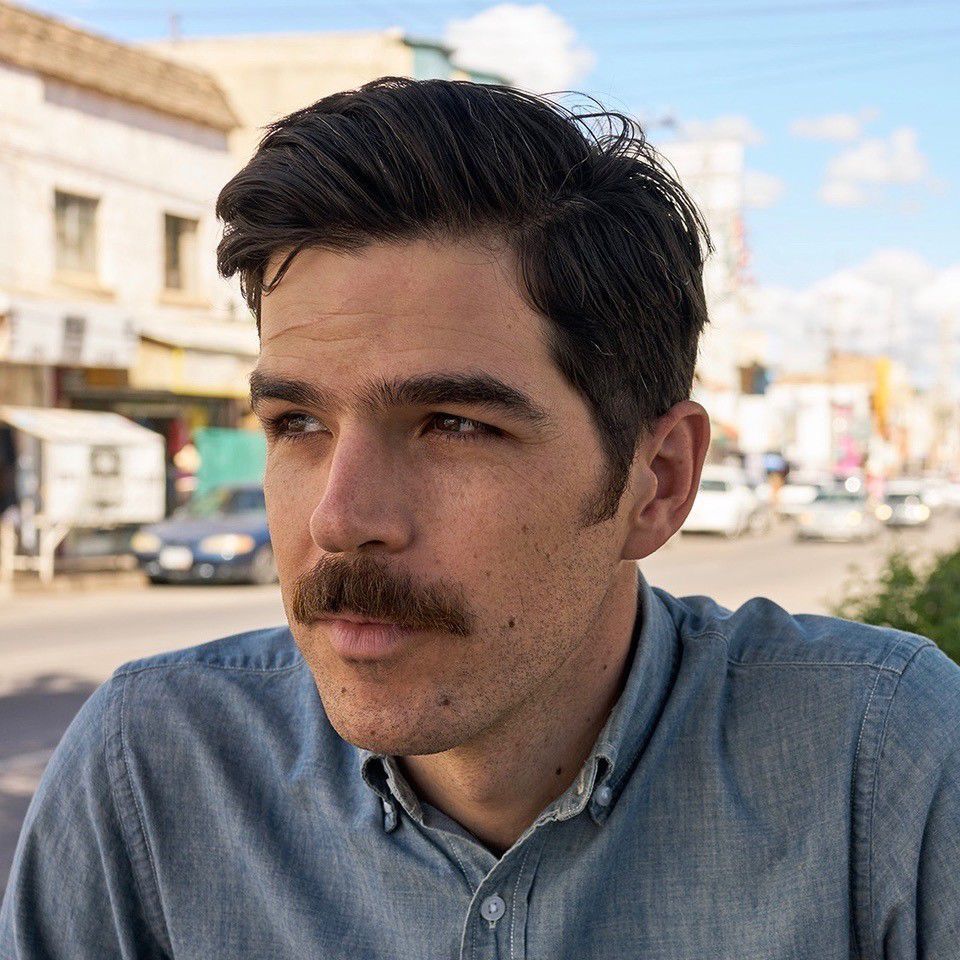The following column is the opinion and analysis of the author.
In recent weeks, Tucson Police Chief Chris Magnus has swatted away calls to defund TPD by painting a “forward-thinking” portrait of his department. During a June 9 study session with the mayor and City Council, Magnus boasted that TPD had signed onto the much-lauded “8 Can’t Wait” campaign years ago, enacting a series of measures that promise to “reduce police violence by 72%.”
The reforms, despite being highly publicized, do little to cut away at the roots of violent policing — even after their adoption, Tucson still ranked as one of the worst cities for police killings, tying for sixth place among major cities ranked in 2018 and coming in fourth when measured per 100,000 residents.
During his presentation, Magnus also held up TPD’s “Mental Health Support Team” as evidence of his department’s longstanding commitment to “putting the right work in the right hands.” Unbeknownst to the council, however, or to the public, even as Magnus cast his progressive sheen, his department was in the midst of concealing an in-custody killing, one that stemmed from, of all things, a mental health call.
The April death of Carlos Adrian Ingram-Lopez, a 27-year-old father, occurred after his grandmother called 911 concerned about his erratic behavior. The three TPD officers who were dispatched to the scene restrained Ingram-Lopez, who was naked and unarmed, with handcuffs and forced him to lie face-down on the ground for 12 minutes, covering his body and face with polycoated emergency blankets and a “spit-hood” — often deadly in the hands of police.
Officers continued to hold him down even as he asked for water and stated that he couldn’t breathe, crying out for his grandmother’s help — “nana ayúdame.” The killing sparked immediate internal investigations, but news of the death remained undisclosed even as protests against police brutality came roaring to the streets of Tucson in May.
WARNING: RAW, GRAPHIC VIDEO. Body-camera video of Tucson Police officers trying to restrain Carlos Ingram-Lopez, 27, on April 21, 2020. Ingram-Lopez died in policy custody. Video by Tucson Police Department
At Wednesday’s news conference, Magnus tried desperately to cling to a sanitized narrative that the actions of the recently resigned officers were not representative of his department. Even as he attempted to write the officers off as “bad actors,” he couldn’t resist casting doubt on their responsibility for the death, shrugging off the fact that Ingram-Lopez literally died in police hands to call attention to an inconclusive coroner’s report, failing to mention its cataloging of blunt force injuries inflicted by his officers.
Magnus concluded his comments by offering his resignation, an offer that should be decisively accepted by the mayor in the coming days. But Magnus’ resignation, and the resignation of the three officers responsible for Ingram-Lopez’s death, does not go far enough, nor do the handful of suggested policy changes put forth by Mayor Regina Romero on Wednesday. In cities all across the country, band-aid reforms have failed again and again .
As a former law enforcement officer myself, I watched “rules” and “policies” get violated all the time during the 3ƒ years I spent as a Border Patrol agent — by lowly field agents and their supervisors all the way up to top brass. The book-learning and policy training that trainees receive in the academy is one thing — but the way officers are taught to work in the field and cover for one another’s missteps is another. While they are certainly distinct organizations, the Border Patrol and TPD, like law enforcement agencies all across the country, all pervaded by a culture of militarized brotherhood.
Consider the rhetoric of the Tucson Police Officers Association, the union responsible ensuring that even TPD’s worst cops remain employed, even to Chief Magnus’ chagrin. Last week TPOA accused concerned citizens who called into the June 9 council meeting with “hijacking” the session, and in recent days they’ve gone after Ward 1 representative Lane Santa Cruz for condemning Ingram-Lopez’s killing, accusing Santa Cruz of causing “chaos and destruction” and calling Santa Cruz a liar all while insisting “there was no force used in the incident,” revealing their perverse and incomprehensible understanding of “force.”
TPD’s progressive charade has quickly come to a tragic collapse. It is now up to Tucsonans to insist on accountability and wholesale change and not fall for business-as-usual reforms. Starting down the path toward meaningful change means insisting on limits to the size and reach of police, shrinking and reallocating their exorbitant budgets, demilitarizing their equipment and tactics, removing officers from schools and preventing armed response to mental-health calls by expanding nonemergency services.
As our local leaders make their final considerations for next year’s budget, consider asking your representatives to help equip our communities, not the police, with the investment and tools necessary to thrive.





